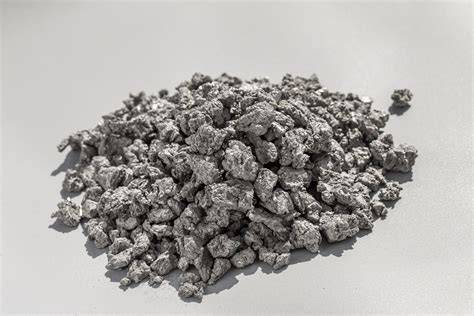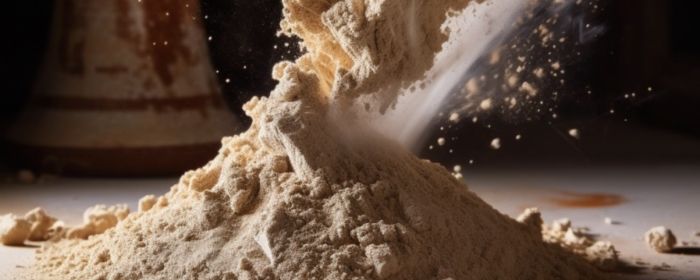What is Vanadium Powder?
Vanadium powder is a kind of powdered material manufactured from metallic vanadium, mostly through the processes of mechanical grinding, reduction, and vapor deposition. Vanadium is a transition metal with the chemical symbol V. It is highly strong and has corrosion-resistant and excellent thermal stability properties.
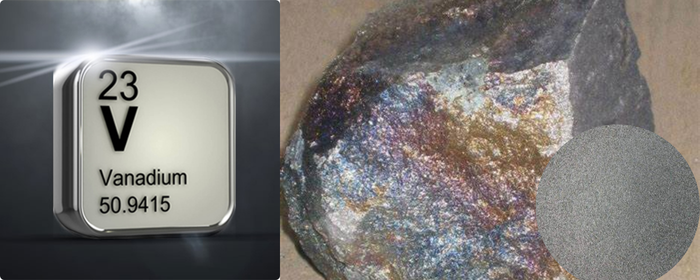
Essential Additive for Vanadium Steels
Vanadium powder is widely utilized in the production of various alloys, especially vanadium steel and titanium-vanadium alloys. In these applications, it provides indispensable benefits such as reinforcement, high-temperature resistance, and corrosion resistance, offering high-performance material options across industries.
In vanadium steel, the addition of vanadium remarkably improves the strength, toughness, wear resistance, and corrosion resistance of the steel. Therefore, this type of steel is very suitable for building construction, automobile parts, and toolmaking. In addition, vanadium enhances fatigue resistance under high-temperature conditions in steel, so high-strength rebar and components of engineering machinery all make extensive use of vanadium steel.
In titanium-vanadium alloys, vanadium is added to increase strength and heat resistance, together with an improvement in oxidation resistance. These alloys find wide applications in the aerospace and defense industries, including structural aircraft parts and engine components. Vanadium is also applied in high-temperature alloys to enhance creep resistance, thus allowing materials to function under extreme temperature conditions.
Also, vanadium powder is used to make corrosion-resistant alloys like high-chromium-vanadium alloys, vanadium-molybdenum, and ferrovanadium. Such a material finds good applications in chemical equipment and marine engineering for better performance against serious corrosive conditions.
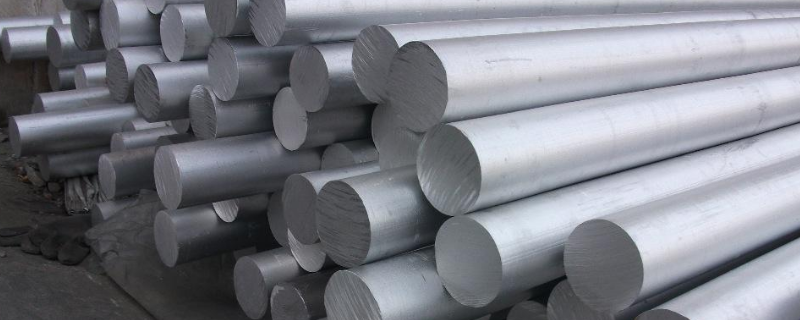
Key Material for Enhancing Battery Performance
Vanadium powder plays a crucial role in the energy storage sector by supporting efficient, long-lasting, and environmentally friendly energy storage solutions, particularly in large-scale energy storage and renewable energy integration.
Vanadium powder is one of the most important raw materials in the preparation process for electrolyte solutions pertaining to vanadium redox flow batteries. It will produce vanadium ion solutions with four oxidation states through chemical dissolution or electrochemical processing, which includes V²⁺, V³⁺, VO²⁺, and VO₂⁺ ions. These are the redox-active ions responsible for the energy storage and release processes within these batteries.
Electrolytes containing high-purity vanadium powder result in great improvements in the stability of batteries and energy conversion efficiency. Higher purity reduces impurities that may interfere with reactions and allow stable performance over a long period.
Vanadium redox flow batteries maintain a long cycle life, thanks to their structural nature of external storage of the electrolyte and the stability of the vanadium ions themselves. The core material of vanadium powder adds to that durability, allowing these batteries to experience tens of thousands of charge and discharge cycles.
Notably, vanadium batteries are especially fit for storing intermittent energy resources, such as wind and solar power, which may provide stable energy output and large-scale energy storage.
.png)
High-Performance Coatings
Vanadium powder serves as a coating material to enhance equipment performance and extend service life, meeting the needs of various demanding industrial conditions.
In a high-temperature environment, vanadium coatings can effectively avoid the oxidation of metal substrates, extending equipment life, such as turbine blades and components of an engine. The excellent corrosion resistance of vanadium-based coatings extends their application in chemical equipment and marine engineering to protect materials from damage in severe working conditions, such as strong acids, bases, or salt spray.
Besides this, vanadium coatings have very high hardness and are very resistant to wear. Thus, they are perfect surface treatments for cutting tools, molds, and mechanical parts. The advantage thereof is limiting wear and prolonging service life.
In aerospace applications, such coatings are applied to high-performance alloy components to provide oxidation and corrosion protection while enhancing reliability and safety.
.png)
Conclusion
The applications of vanadium powder are by no means limited to these few examples. Besides being a base material for effective catalysts, it is also utilized as an additive for rocket fuel performance improvement and forms part of the reagents used in the preparation of magnetic materials, such as ferromagnetic vanadium-based alloys, and thin-film coatings for electronic devices. Undeniably, the functionality of vanadium powder extends across the chemical and energy storage industries into the aerospace sector.







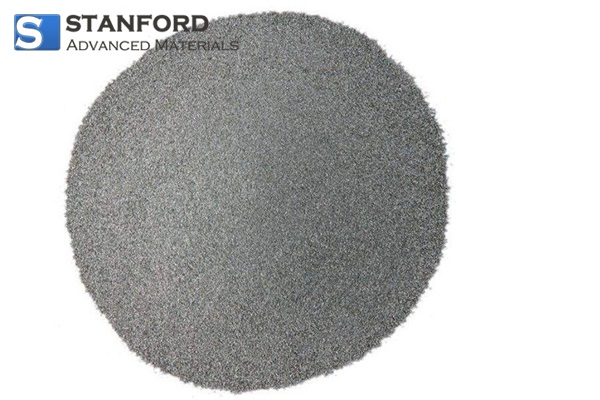
.jpg)
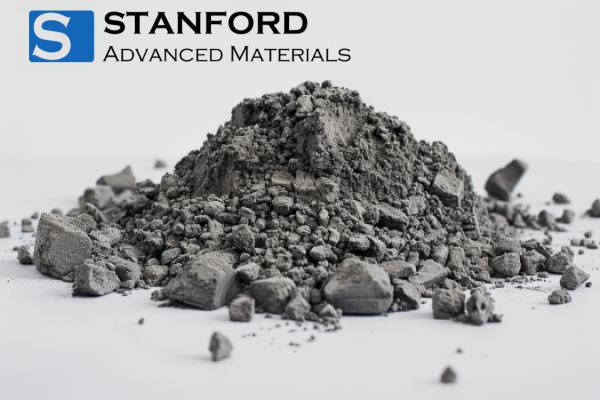
.jpg)
.png)
